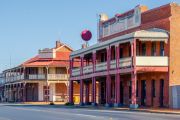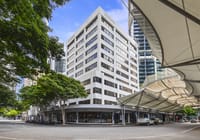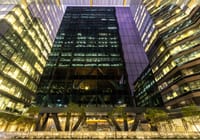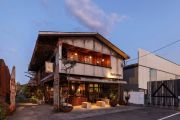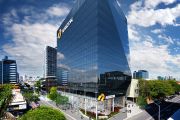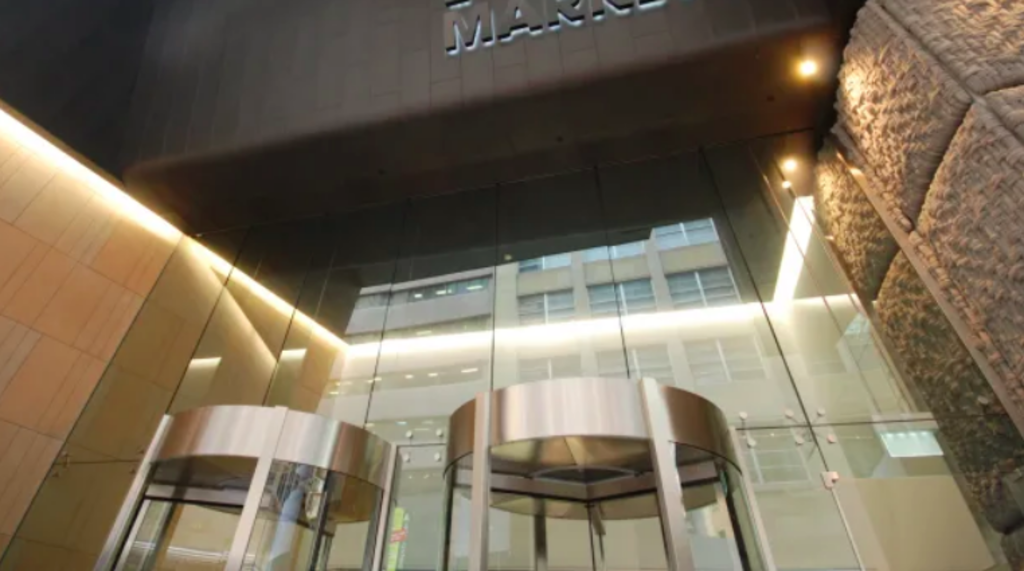
Asia's largest REIT makes $638m Australian debut
Australia’s newest commercial property player, the $31 billion Hong Kong-listed Link REIT has scooped up a prized Sydney CBD office tower from US private equity Blackstone for $683 million at a record tight net yield of 3.9 per cent.
Diversification was the main driver of the real estate investment trust’s purchase of 100 Market Street, its first outside Hong Kong and mainland China.
With plans to keep buying up assets in stable global markets, Link chief executive officer George Hongchoy the prominent 10-storey A-grade office tower would provide growth in income and capital value with limited downside risk, said.
“A more diversified portfolio with overseas properties providing new sources of income will help ease our reliance on Hong Kong properties to generate income progression, and contribute to a healthier growth trajectory,” he said.
The 28,385-square-metre property, within the mixed-use precinct bounded by Market, Pitt and Castlereagh Streets, was redeveloped in 2010 as part of the larger Westfield Sydney redevelopment.
It is fully leased to a sovereign wealth fund, a government agency and a listed property investor, offering a weighted average lease expiry of 8.45 years.
It has a net passing income 26.7 million.
Link would continue to engage Scentre as the property’s manager upon the settlement of the purchase.
The retail-focused Link is Asia’s largest REIT and the first REIT listed in Hong Kong. It is managed by Link Asset Management Limited.
Its assets include retail and office assets as well as car parks.
While Hong Kong will remain Link’s core market, the company has plans to increase its exposure in mainland China and other gateway cities in Australia, Singapore, Japan and the UK.
It was looking to focus on retail assets, with office assets a secondary investment thesis. In contrast, it said it had no plans to divest its existing assets.
Hong Kong assets would account for the majority of its holdings, followed by mainland China and other countries.



